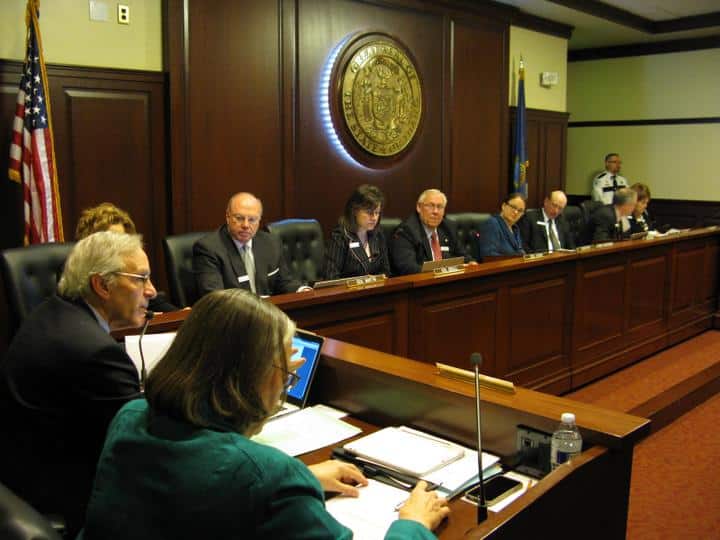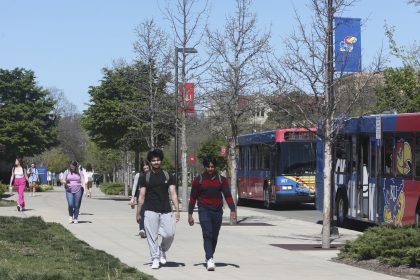Bills in Idaho Senate Could Impose Stricter Voting Rules Ahead of Primary

BOISE, Idaho – A pair of emergency bills that have been referred to the Idaho Senate could lead to the enactment of stricter rules for voters ahead of the state’s May primary.
Idahoans will head to the polls to cast votes in the state’s primary election on May 17, with the highest profile and highest stakes contest being the Republican race for governor.
Incumbent Gov. Brad Little is being challenged this year by Lt. Gov. Janice McGeachin, with whom he’s been engaged in a power struggle for much of the year.
On several occasions, McGeachin has used her power as acting governor to issue executive orders while Little was out of state, only to have the governor rescind them upon his return.
In May, for instance, McGeachin issued an executive order banning face mask mandates intended to stem the tide of the coronavirus pandemic.
Then in October, while Little was in Texas, touring the U.S. border with Mexico alongside nine other Republican governors, McGeachin issued another executive order, this one banning any state entity — including public schools and universities — from requiring a COVID-19 vaccine or test.
In both cases Little responded by saying “I have not authorized the Lt. Governor to act on my behalf” and rescinding the orders.
But McGeachin succeeded in garnering a lot of attention, particularly from former President Donald Trump, who has endorsed her in the upcoming primary, calling her “a true supporter of MAGA from the very beginning.”
The latest controversy surrounding the primary involves two emergency bills passed by the Idaho House after a rancorous debate on Feb. 21 by a vote 36-32.
One bill, HB 439, would forbid unaffiliated voters from signing up as party members at the polls on primary day in order to vote in the closed Republican primary.
Instead, the bill requires voters to register as members of the GOP by March 11 in order to cast a ballot in the primary.
State law already required members of other parties to switch their affiliation by the end of the candidate filing period, which this year falls on March 11.
But the current law provides a bit more leeway for those who aren’t affiliated with any party, allowing them to “affiliate with a political party by filing a signed form with the county clerk up to and including Election Day.”
According to the Idaho Secretary of State’s Office, nearly a third (310,000) of Idaho’s 991,187 registered voters were unaffiliated as of Jan. 1.
“Now everyone will have the same deadline,” said Republican state Rep. Doug Okuniewicz in remarks on the state House floor ahead of the vote in the chamber.
The second emergency bill, HB 547, would impose criminal penalties for delivering or conveying someone else’s absentee ballot – a move intended to tamp down on so-called ballot harvesting. It passed the Idaho House by a vote of 53-15.
Contacted by The Well News, a representative for the Idaho Legislative Information Desk, which monitors the progress of legislation in the state, said both measures have been referred to the Senate’s State Affairs committee, but have not yet been added to the committee’s calendar.
The bills’ status can be found here.
Each would have to clear the State Affairs committee, pass the full Senate and then be signed by the governor to become law.
Dan can be reached at [email protected] and at https://twitter.com/DanMcCue.






















